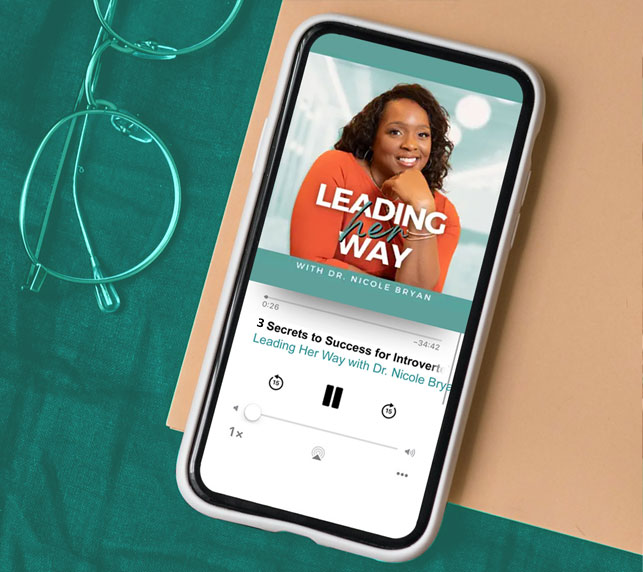At no other time in history has the topics of ‘burnout’ and ‘self-care’ been more prevalent.
Interestingly, each topic usually surfaces separately. Either burnout is the focus, and that is most often identified in the world of work. Or self-care is discussed, but primarily in forums and conversations related to personal or private lives.
Yet, there is a clear intersection that must be recognized.
Make self care at work a priority.
the Change doc
Blurred Lines Easily Lead to Burnout.
Now that the lines between work and home have become increasingly blurred because of technology, remote work, and surge in entrepreneurship, we no longer have the luxury of neatly boxing in life roles and responsibilities.
It is important to think holistically. Recognizing that while there are many aspects to our individual identities and roles (wife, mom, leader, business owner), more now than ever our aspects of self are integrated.
And because of this, it is even more important that we identify and respect our needs and boundaries. How and when we give of ourselves to others is ours to decide and must align with our values while also fulfilling our responsibilities.

Prioritize Self-Care at Work.
You can start practicing self-care at work immediately with these three simple and quick tips:
1. Schedule breaks between meetings.
Avoid the trap of back to back meetings every day.
Get into the practice of scheduling 45 minute meetings with colleagues and customers instead of the traditional 60. This will allow you to have a minimum of 10-15 minute breaks between appointments to adjust your meeting notes, prepare for the next appointment, or for a quick bio break.
45 minute meetings will also force you and other participants to use the meeting time more efficiently.
2. Maintain separate work and personal email addresses/phone numbers.
(This is one I’ve used for over ten years it is really makes a difference.)
Whether you work for yourself or someone else, having a business phone and email address separate from your personal ones has many benefits.
It helps you stay more organized. And makes it easier to separate work and home. So for example, if you are off from work on Saturday but only have one phone for both work and personal, you will likely have to respond to or “ignore” work phone calls, texts or email notifications on your day off. If you had a separate work phone, you could either turn it off or put it aside and still enjoy personal interactions on the designated phone.
If having two separate physical cell phones is not possible, there are other low cost ways to accomplish work-personal separateness. For example, you could maintain one phone but have two separate phone numbers or email accounts, allowing you to control when you respond to each.
TIP: If you still use a landline for work, disable the voicemail or have calls forwarded to your work cellphone to reduce the number of places you need to monitor for communications.
3. Do not skip meals.
How many times have you looked up and realized that more than half the work day has passed by? You missed breakfast and lunch, and are likely surviving on fumes because of your schedule or a tight deadline?
This is an unhealthy practice which could have short term (ie, brain fog, low blood sugar) and long term effects (ie, slowed metabolism).
Both your brain and body need fuel to function optimally.
Final Self-Care Thoughts.
Self-care is very individual. How you take care of yourself at work depends on your preferences, the type of job you have, as well as your work environment.
Thus, self-care at work for one person may look very different than for another.
If you’re ready to invest in taking better care of your mental and physical wellbeing at work, take a look at this checklist of quick and simple steps you can take today to prevent exhaustion and burnout tomorrow.
Related Posts
1. Self Reflection Can Make You A Better Leader
2. Practice Genuine Gratitude



